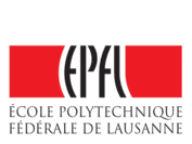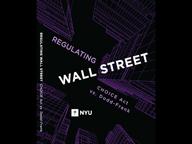Faculty News
—
Professor Anindya Ghose is interviewed about his research on mobile advertising, from his book, “Tap”
—

Excerpt from MarketWatch -- "For instance, Ghose’s research has found that shoppers are more susceptible to pitches from retailers during their commutes, that groups of three people are easier to target than twos or fours, that good and bad weather can be powerful motivators, and that the key to understanding customers is tracking their habits. 'We think we are all very spontaneous, when in fact we are very predictable,' Ghose said."
Faculty News
—

Excerpt from MarketWatch -- "For instance, Ghose’s research has found that shoppers are more susceptible to pitches from retailers during their commutes, that groups of three people are easier to target than twos or fours, that good and bad weather can be powerful motivators, and that the key to understanding customers is tracking their habits. 'We think we are all very spontaneous, when in fact we are very predictable,' Ghose said."






















